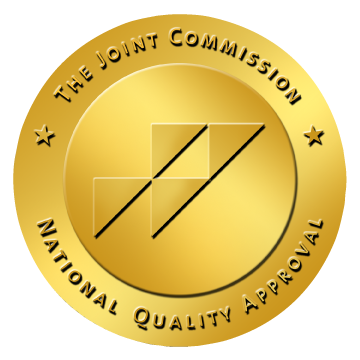Bipolar disorder is challenging to diagnose in anyone. However, diagnosing this disorder in teenagers is particularly complicated.
Bipolar disorder is challenging to diagnose in anyone. However, diagnosing this disorder in teenagers is particularly complicated.
Understanding the root causes of adolescent meltdowns can foster more empathetic and supportive responses from parents, educators, and peers.
Let's explore the nature of mental health stigma, its consequences, and how we can collectively move past it to create a more inclusive and supportive community.
Family support can provide a robust foundation of love, understanding, and accountability, all essential for a sustainable recovery.
Ready to take the necessary steps toward a healthier mind? Here are some practical adjustments you can make that’ll help improve your mental health.
Amidst the festivities, prioritizing self-care is crucial to smoothly navigate this time of the year. Here are some self-care practices tailored specifically for the winter season.
As families navigate addiction recovery, one of the most critical tools they need to possess is effective communication.
Here’s what you need to know about the current challenges affecting student mental health and effective strategies to promote the well-being of students at this critical life stage.
As we observe National Recovery Month, we invite you to reflect on the power of community in addiction recovery.
Shedding light on the addictive and deadly nature of fentanyl can help combat the opioid crisis and save lives.
Fully understanding the dangers and risks of cocaine can help people avoid becoming dependent on and addicted to the drug and turn to healthier forms of stimulation instead.
Exploring what makes marijuana addictive can help us better understand how the substance influences our minds, behaviors, and overall well-being.
By recognizing the signs of hidden alcohol abuse, individuals and their loved ones can take steps to address the problem early on, seek appropriate treatment, and reduce the risk of irreparable consequences.
When a person has symptoms of depression or anxiety, but those symptoms are not so severe as to prevent them from accomplishing day-to-day tasks, they may be “high functioning.”
It's not unusual for someone exhibiting signs of mental illness to deny they have a mental health issue. The more you know about mental illness, the easier it is to understand why a person may deny they have a mental disorder.
CBT is like traditional talk therapy in that patients work with a mental health counselor to identify and resolve issues preventing them from living their lives to the fullest.
If you believe someone you love is struggling, read on as we describe five of the most effective ways to help someone with depression and suicidal thoughts.
To understand why PTSD never completely goes away, people must understand what causes the disorder and how traumatic events affect the brain.
While there are many different types of depressive orders, recurrent depressive disorder is marked by having multiple episodes of depression with periods between episodes where no symptoms are present.
Despite your best intentions, you can’t force your partner into recovery. You can, however, encourage them to get help and assist with finding resources.
While most people experience occasional feelings of anxiety or depression, untreated chronic depression or an anxiety disorder can have severe consequences, including suicide.
Don’t hesitate to start a conversation with your loved one about your concern over their alcohol use. With your help, your loved one may agree to seek treatment.
There are some proactive steps one can take to reduce the likelihood of overindulging in alcohol. Check out these five tips to stop binge drinking.
Today, we’ll answer questions on what kratom is, how it’s used, if it’s addictive, and a few other important topics you should know.
Regardless of age, the risk of becoming addicted to Adderall is high, and continued usage can lead to experimentation with other drugs. Wondering about the long-term health effects of Adderall abuse? Read on to learn more.
Partial Hospitalization Program (PHP), Intensive Outpatient Program (IOP), and Outpatient Program (OP) are among the most popular types of treatment, with each offering the client a different experience and level of control.
Research has consistently found that drinking alcohol worsens depression in general and causes more frequent severe depressive episodes.
Working professionals can attend addiction treatment, but it requires an understanding of the law, your employer’s rules, and a willingness to have a frank conversation with your HR department and your supervisors.
